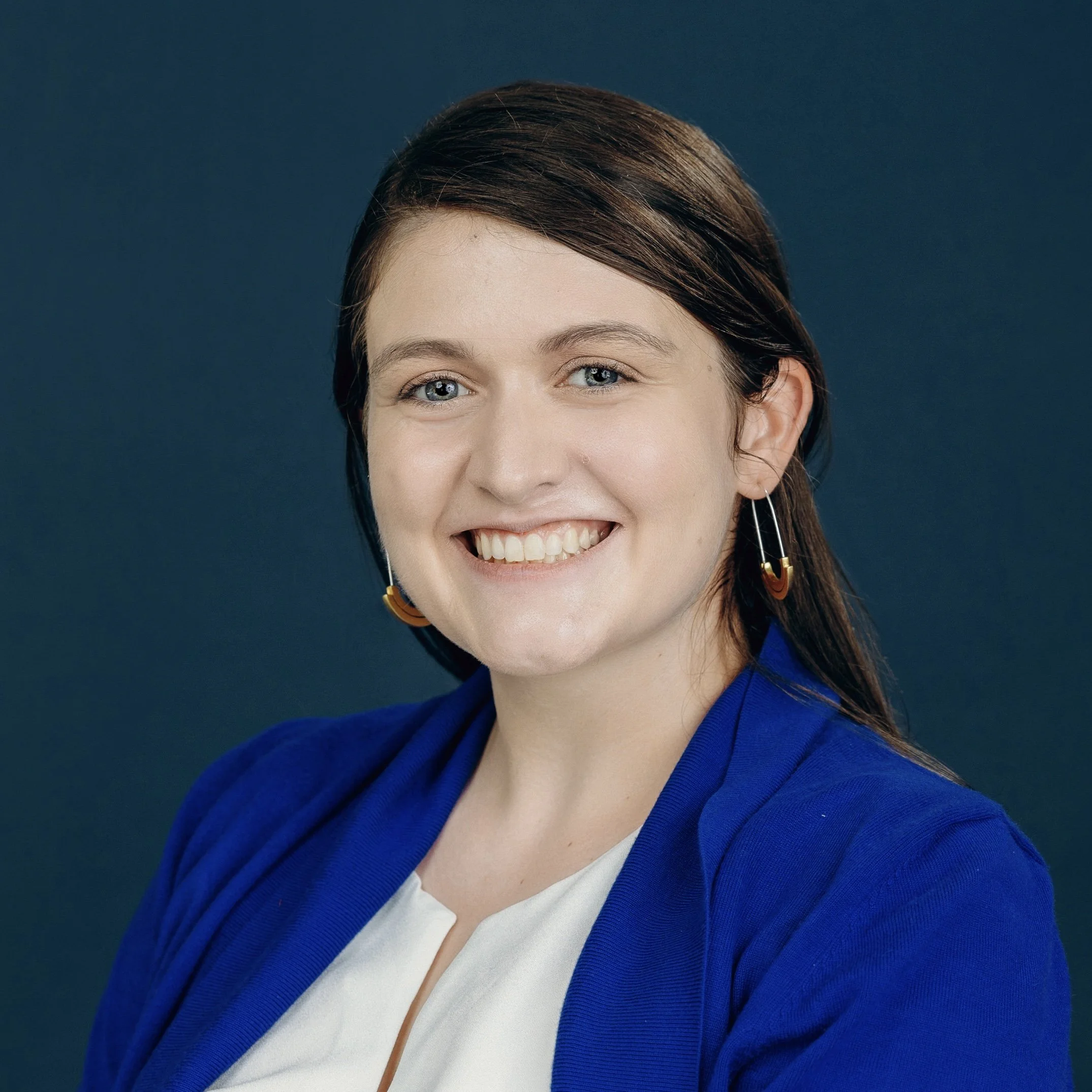Jacqueline E. Joyce, M.S.Ed., NCC
Founder and Educator
The Journey to PossibilityU
My education journey was anything but linear. After attending three high schools in four years, I experienced firsthand the challenges of navigating educational spaces, often without a clear guide. My resourcefulness allowed me to get far on my own, but it wasn’t until I arrived at Dickinson College that I began to understand the transformative power of mentorship.
Initially, I saw mentorship as a one-sided relationship where I’d seek guidance from experts who were more advanced in their lives or careers. But my mentors at Dickinson quickly debunked this power dynamic. I was moved by my mentors’ willingness to walk alongside me as I navigated life’s successes and challenges, empowering me to recognize my own expertise. While my mentors celebrated my accomplishments, they also allowed me to explore my vulnerabilities. They didn’t just see my achievements—they saw me. They didn’t just see my potential; they empowered me to believe in it. Their unwavering support made me believe I had the power to shape my future and spearhead systemic change.
As I began my college access career across Philadelphia and Camden, NJ, I sought to incorporate a similar kind of mentorship while guiding students through the complexities of post-secondary planning. However, I felt limited in my roles especially when working with seniors on their college essays. I saw many students encounter their deepest fears and unresolved emotions for the first time while writing these essays. Yet, time and resource constraints often prevented us from exploring these deeper narratives together. Instead, students relied on me to help them package their past experiences into a linear, palatable narrative for admissions readers, detracting from their authentic stories. I couldn’t shake the uncomfortable feeling that I was making students feel like passive participants in shaping their futures.
While I have always advocated for earlier intervention, it became clear that students need more than just information and resources—they need time and space to explore their authentic interests, reflect on their experiences, and envision what’s truly possible for their lives. Encountering Dr. Michael Nakkula’s possibility development framework early in my career was a turning point. For decades, Nakkula has challenged deficit-based prevention models by creating innovative youth development frameworks that bridge the gap between students' current realities and their future aspirations. Nakkula's strengths-based, future-focused approach made me reimagine earlier interventions in post-secondary planning. Instead of focusing on the timing of interventions, I became curious about how we could better integrate social-emotional learning into post-secondary planning interventions.
Inspired by Nakkula’s framework, I pursued a Master’s Degree in School and Mental Health Counseling at Penn’s Graduate School of Education, where I became a certified school counselor and a national certified counselor. As a student in Nakkula’s Advanced Professional Development course, I used my final project to propose how we could integrate possibility development into post-secondary planning practices. After graduation, Nakkula and I teamed up to turn my final paper into practical applications when I joined the Global Possibility Network, a Penn GSE-based youth development action tank. And with Nakkula’s support, PossibilityU was born!
PossibilityU emerged from my desire to bridge the gaps I observed in traditional post-secondary planning interventions. But my vision extends far beyond college admissions. We strive to foster a student support approach that empowers students as the true experts in their own lives. By integrating the principles of possibility development into my counseling practice, I aim to empower students to explore their strengths, critically reflect on their experiences, and envision new possibilities for themselves. At PossibilityU, we believe that students hold the key to their own success. Our goal is to help them unlock that potential, not just for college admissions, but for everything that comes afterward.

